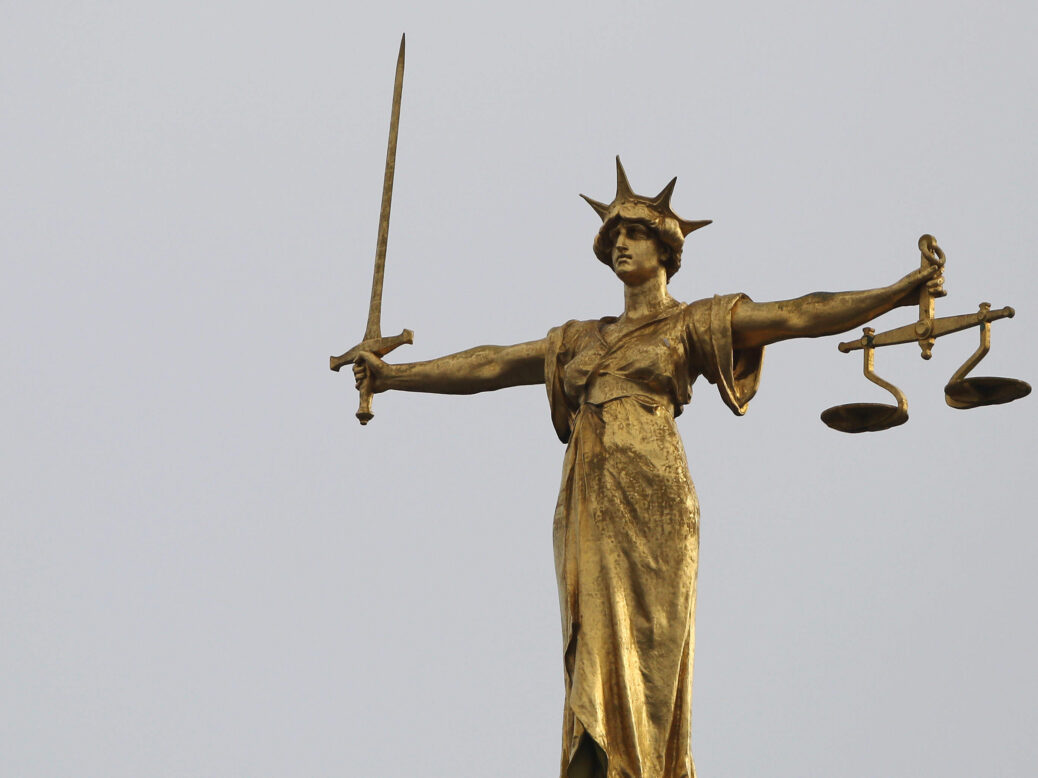
In 2015, Alison Saunders, the director of public prosecutions, announced a Crown Prosecution Service campaign around consent. “The law is clear,” she wrote: “if one person does not consent to sexual activity, with the freedom and capacity to give that consent – and the other person doesn’t reasonably believe there is consent – then it is an offence. Of course it is the job of the Crown Prosecution Service to prove this in court.” This week, Saunders was severely criticised by the Commons justice select committee after a string of rape trials collapsed. Somewhere in the last three years, the CPS’s intent and its action became alarmingly disconnected.
The problem in the CPS is disclosure. In the course of any investigation, the police inevitably gather a lot of evidence. Some of this evidence will implicate the accused. Some will be irrelevant. And some might undermine the Crown’s case. The issue is what happens to that third group. The CPS has a statutory duty to hand over to the defence any material that could reasonably be considered capable of undermining the prosecution. As odd as it might seem that the prosecution is legally obliged to help the defence, it’s absolutely vital. The police have access to resources beyond even the wealthiest defence teams. Without disclosure, there is no justice – and the CPS has been systematically failing to disclose.
That’s not because the CPS is out to stitch people up. The justice select committee acknowledged that digital evidence has added a huge burden to disclosure, as investigations turn up masses of data from phones, PCs and social media. But, alarmingly, the committee concluded that the CPS was treating disclosure more as an administrative exercise than as an integral part of the justice process; and that this culture could only be changed from the top of the organisation. Disclosure is perceived as a nuisance add-on to be dealt with after all the prosecution’s other duties; something done reluctantly and so done badly. The buck for that, according to the select committee, stops with Saunders.
A failure of justice is a failure for everyone. Rightly, reports have emphasised the trauma this has caused for the men who’ve been charged – and in some appalling cases, convicted – while the prosecution sat on exculpatory evidence. Samuel Armstrong, former aide to a Tory MP, says his life “exploded” after he was charged with rape, and cleared by evidence released two days before his trial. Student Liam Allan told the Times he suffered two years of “mental torture” between being charged with rape and acquitted by material found on the complainant’s computer. An opaque, drawn out prosecution is a punishment in itself; and punishment is supposed to come after, not before, a guilty verdict.
But it’s a betrayal of women too. When a woman goes to the police to testify that she’s been raped, she’s taking a step that goes against everything she might have learned from existing cases. Like the failure of the investigation into serial rapist John Worboys, or the dismissal of girls in Rotherham, who were seen by authorities as no more than sluts who deserved to be preyed on. It’s an act of trust, and it relies on a woman knowing that the police and CPS won’t hang her out to dry. That they will investigate carefully, considerately. That she’ll be able to prepare for cross-examination, rather than be ambushed with evidence she hadn’t realised would come up in court.
It’s a betrayal, because the message much of the public will take from this is not “the CPS messed up” but “women lie”. False reports of rape are no higher than for any other crime, but no allegation is treated as sceptically as one of rape. For the CPS to make these errors against that backdrop is nothing less than a catastrophe for victims of sexual violence. Prosecuting rape cases after this is going to take not just the wholesale transformation of the CPS’s culture around disclosure, but also a massive labour of rebuilding popular trust in women’s testimony.
Who is going to do that work? Not Saunders, who is standing down as director of public prosecutions this year, at the end of a five-year term punctuated by controversies over sexual crime. In 2015, she was under pressure for the decision not to prosecute Lord Janner over alleged historic offences; in 2018, her perceived fault is in the opposite direction. Back when she was launching that consent campaign, Saunders wrote that consent was as simple as a cup of tea. What her marred career tells us is that, in the law, there is no room for easy answers or shortcuts. Justice can only mean doing the work and doing it properly, in all its niggling detail.






